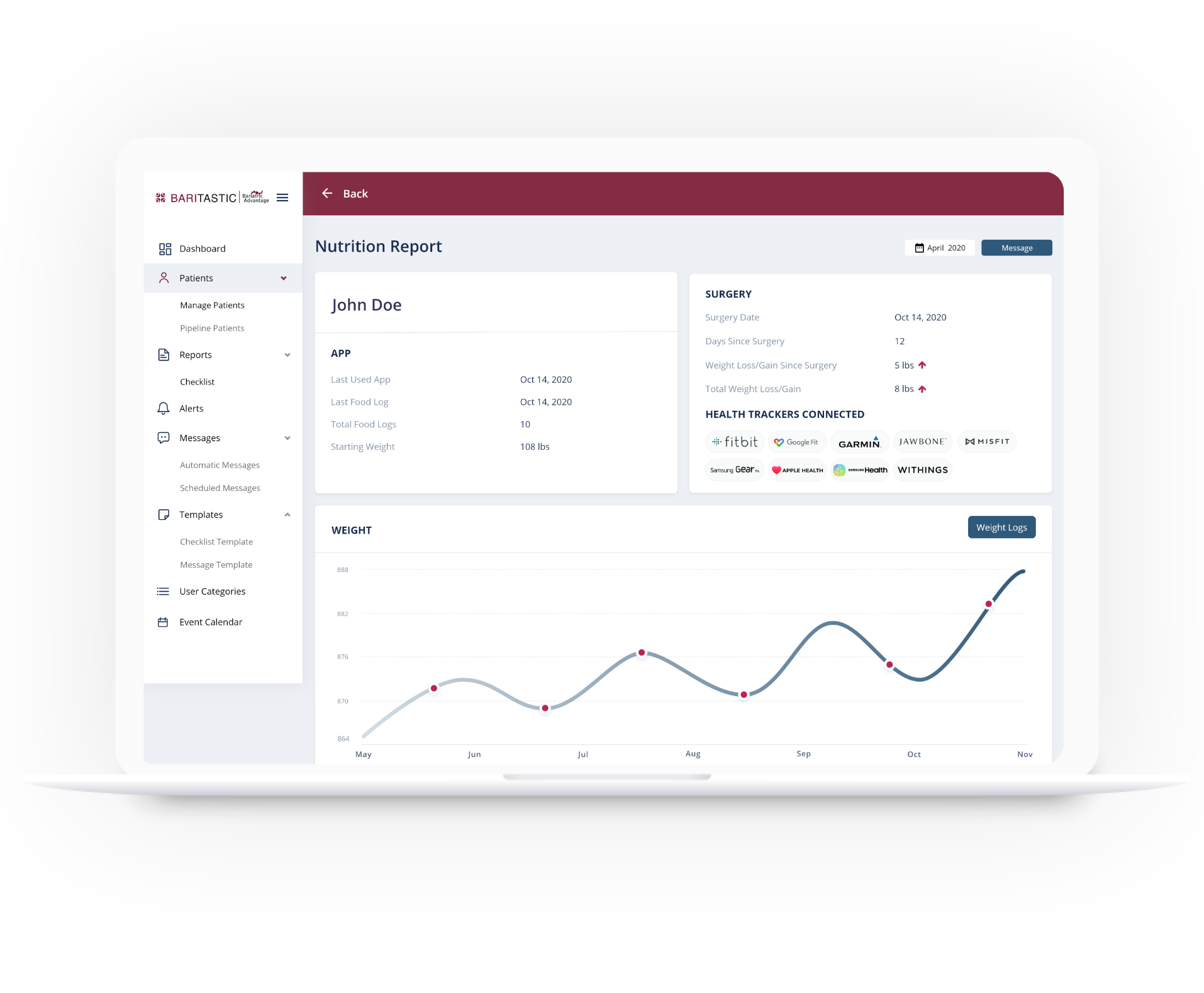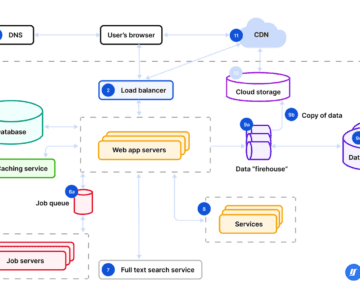What are the main tech challenges for startups?
Startups face a mix of challenges at different stages. Clearly, navigating them can feel like a rollercoaster. No matter you're launching an MVP, scaling your product, or managing rapid growth, having the right support can make the difference.
 For early-stage startups, the core focus is building a prototype — something viable to show investors and validate the idea. In a startup, a small team of, let's say, six people might include in-house developers and engineers. But, here’s the tricky part: in-house development team members often become emotionally attached to their prototypes. They get so invested in one version that pivoting becomes difficult when necessary. Many founders agree that outsourcing can make the development process much more objective, treating the prototype as an experiment that might either fail or succeed. Bringing in external expertise helps you move quickly and stay flexible, without being weighed down by emotional attachment.
For early-stage startups, the core focus is building a prototype — something viable to show investors and validate the idea. In a startup, a small team of, let's say, six people might include in-house developers and engineers. But, here’s the tricky part: in-house development team members often become emotionally attached to their prototypes. They get so invested in one version that pivoting becomes difficult when necessary. Many founders agree that outsourcing can make the development process much more objective, treating the prototype as an experiment that might either fail or succeed. Bringing in external expertise helps you move quickly and stay flexible, without being weighed down by emotional attachment.
 Let’s take a close look at the growth stages you or your portfolio startups might be in:
Let’s take a close look at the growth stages you or your portfolio startups might be in:
Growth Stages Outlined By Y Combinator:
- Seed Stage: Resources are limited, and you or your portfolio needs to build an MVP on a tight budget.
- Series A: Here, it’s about growth — scaling the product, adding features, and building your team.
- Growth Stage: As your startup grows, so do the challenges. Data management, security, and process automation are key at this point.
- Scale Stage: Now you’re looking at expansion and legal compliance across borders.
Funding Startup Models & Their Unique Needs
The needs of startups may vary widely not only on their growth stage but also depending on their funding model. For bootstrapped startups, operating on tight budgets means prioritizing cost-effective solutions that outsourcing can offer. Incubated or accelerated startups, which receive initial mentorship and funding from programs, focus on speed. As startups secure VC funding, their focus shifts from simply developing an MVP to scaling their operations. With larger investments, these startups aim to expand their teams and modernize their products.
- Bootstrapped startups: These self-funded startups grow using personal savings or business revenue, so finding cost-effective solutions is key. Outsourcing provides you with skilled professionals without the hefty price tag of an in-house team. It’s worth exploring flexible payment options, like fixed-price or budget-based models, with your tech partner.
- Incubated/Accelerated Startups: In accelerator programs startups need to develop MVPs quickly to secure funding or demonstrate traction. Outsourcing helps accelerate development while staying within budget.
- VC-Backed Startups: These startups have moved past the MVP phase and are focused on scaling. For example, at intellectsoft, we offer modernization or re-engineering services with access to specialized talent.
Common Challenges Startups Face
- Finding the Right Talent: Hiring specialized developers can be expensive and time-consuming. Outsourcing gives you access to top talent worldwide without the lengthy hiring process.
- Investing in IT: Balancing the need for cutting-edge technology with a limited budget is tricky. Outsourcing IT functions whatever it may be — app development. AI and Business Intelligence integration, cloud infrastructure, or modernization — keeps you up-to-date without overspending.
- Weeding Out Distractions: Startups need to stay laser-focused on their core business activities. Outsourcing development tasks frees up your time and energy, so you can concentrate on growth, product development, and strategy.
- Fast to market: This challenge described the pressure startups face to quickly develop and launch their product to stay competitive and capture market share. Outsourcing development enables startups to ramp up production quickly. It helps reduce time-to-market while also keeping costs in check.
Outsourcing vs In-House Team
We’ve already highlighted some key advantages of outsourcing software development for startups, such as cost reduction, faster timeframes, and access to a global talent pool. In this block, we want to explore how outsourcing takes up against having an in-house team.
Outsourcing
Pros
Outsourcing software development for startups brings a host of benefits to a company’s operations. Why might a software development outsourcing company be the smartest move?
Here are some key advantages to keep in mind:
- Lower project costs: Outsourcing reduces the overall cost of development.
- No need to hire new employees: It removes the pressure of recruiting and expanding your internal team.
- Faster turnaround: Development timelines and product launches are shorter.
- Meet market demands faster: Outsourcing helps you adapt to market needs quickly.
- Access to global talent: You gain the expertise of top app developers and cutting-edge technology from around the world.
- Strategic flexibility: It allows you to allocate resources wisely and delegate tasks effectively.
- Scalability: You can easily scale up or down based on your project needs.
Additionally, outsourcing takes many tasks off your plate, allowing your team to focus on your core business operations.
Cons
Despite these benefits, outsourcing isn’t without its challenges. There could be communication barriers due to differences in culture, work practices, or time zones. However, these issues can be easily managed by setting up clear communication processes with your tech partner and ensuring overlapping work hours.
In-House Team
Pros of In-House Team
Having an in-house team can be beneficial for some business leaders. It allows for closer management of the team and direct communication, which helps maintain alignment, startup spirit and control over projects.
Cons of In-House Team
However, building and maintaining an in-house team comes with its own challenges. Hiring skilled developers, purchasing software and hardware, and maintaining infrastructure can be expensive. Plus, finding and keeping top talent can be tough, and onboarding new hires can extend project timelines and potentially affect product quality.
In the end, both outsourcing and in-house software development companies have their advantages and challenges, and the best choice depends on your goals and business needs.
Benefits of Outsourcing for Startup
If you're a fintech startup, for instance, your expertise might lie in financial services, not PHP backend software development projects. Your main focus may be on building partnerships with banks, optimizing mortgage processes, or developing new business models. Similarly, if you’re a healthcare startup, your strength could be in developing new drugs, vaccines, or medical treatments, innovating remedies or improving patient outcomes. The last thing you want is to get bogged down with technical complexities when your attention is on your customers, partnerships, user proposition, client base, and marketing.
Outsourcing software development for startups lets you hand off the technical work to specialists, so you can concentrate on what matters most. Here’s how outsourcing software development company can benefit startups:
- Access Better Pricing: Flexible models like fixed price or fixed budget allow for predictable costs.
- Scale Faster: Outsourcing helps you quickly ramp up development and scale as needed without waiting to build an internal team.
- Save Time and Improve Efficiency: You get to market faster while reducing operational delays.
- Access Top-Tier Talent: Outsourcing gives you access to skilled professionals globally, bringing top-notch expertise to your projects.
- Boost Your Bottom Line: By cutting down on overhead and improving efficiency, you can maximize your resources.
- Extend Your Runway: Reduce your burn rate and make your funds last longer by leveraging outsourcing's cost-effectiveness.
Outsourcing can also support your long-term growth, offering strategic, ongoing support, ensuring your products are scalable, secure, and compliant with industry standards.
How Outsourcing Supports Startups at Different Growth Stages
Seed Stage
At this stage, the focus is on building a Minimum Viable Product (MVP) and validating your business idea. The challenge? You need to do this fast and on a budget.
How Outsourcing Helps
Outsourcing software development can cut operational and development costs by up to 60%, helping you launch your MVP faster.
Series A
As you scale your product, you’ll need additional resources and technical expertise.
How Outsourcing Helps
Outsourcing software development helps you maintain product quality while scaling, without the overhead of a large internal team.
Growth (Series B/C)
Now, it’s all about managing operations at scale and optimizing customer engagement.
How Outsourcing Helps
Outsourcing cloud infrastructure, data analytics, and cybersecurity ensures you can handle increasing demand while focusing on innovation and customer experience.
Scale (Series D+)
Startups in this stage are often expanding internationally, dealing with complex legal and compliance requirements across regions.
How Outsourcing Helps
Outsourcing helps you scale efficiently across regions.
In short, outsourcing strategy is a startup’s secret weapon. It keeps you lean, agile, and laser-focused on growth while tapping into the right expertise to get you there faster.


















